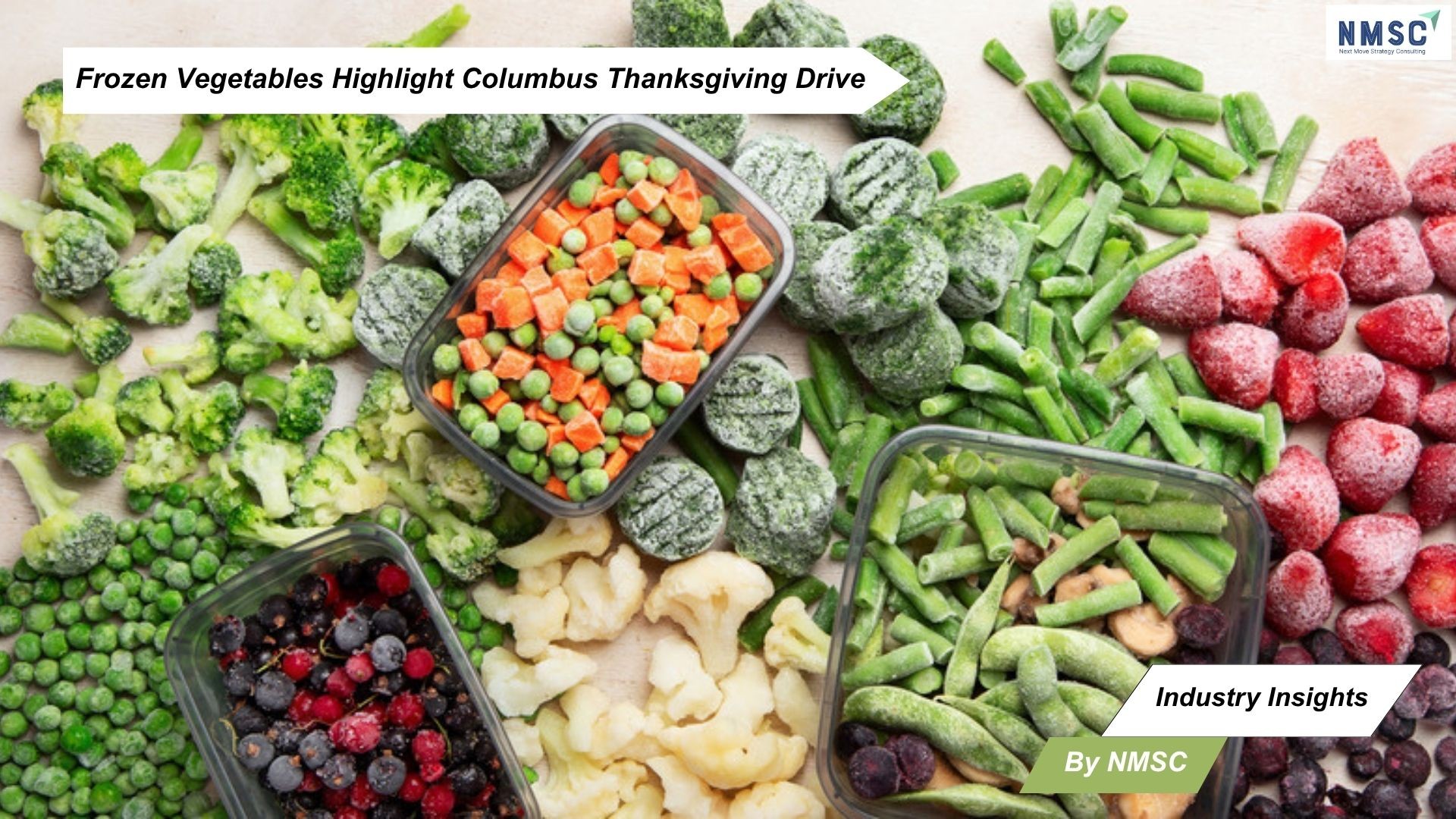Is Organic Food Really Better — and Is It Mainstream Yet?
Published: 2025-09-08

Consumers, retailers and regulators are wrestling with two simultaneous realities in organic food and beverages: the science on direct health benefits remains contested, while organic products have moved decisively into mainstream retail channels.
The U.S. News Health primer frames the core consumer question bluntly: “Organic foods are typically more expensive than their conventional counterparts,” and while certified organic products must meet defined USDA standards, “organic foods may not have significant health advantages” over conventional items — although environmental benefits are clearer.
At the same time, the California Certified Organic Farmers (CCOF) recap of a Conversation piece highlights how market structure has shifted: “Today over half of organic sales are in conventional grocery store chains, club stores, and supercenters; Walmart, Costco, Kroger, Target, and Safeway are the top five organic retailers.” That sentence captures a major structural change — organic is no longer a specialty aisle luxury, but a routine purchase for many households.
Why the split between science and sales?
Three forces explain the divergence:
-
Evidence and perception. Nutritional science has not produced consistent, large-scale evidence that organic food is notably more nutritious; most robust studies show reduced pesticide residues and environmental benefits rather than clear micronutrient gains. U.S. News summarizes the prevailing expert view: organic reduces exposure to synthetic pesticides but is not a guaranteed nutritional upgrade.
-
Retail availability. Improved distribution and private-label strategies have made organic items broadly available at traditional supermarkets and big-box stores, driving volume even among occasional buyers. CCOF quotes data that 82% of Americans buy some organic food, though organic still represents a single-digit share of total food sold.
-
Price and access. Organic generally carries a premium — U.S. News notes the cost differential — and that price point keeps many shoppers selective about when and where they choose organic. CCOF highlights consumer behavior patterns where shoppers prioritize organic purchases for high-concern items (e.g., produce).
Key tensions for the sector
Price vs. penetration. Retail chains can drive mainstream uptake, but price sensitivity means organic’s market share will expand unevenly unless costs fall or premiums are justified by clearer benefit messaging. CCOF notes that despite broad purchaser reach, organic still represents about 6% of all U.S. food sold.
Evidence vs. consumer belief. Public perception often equates “organic” with “healthier,” even where clinical nutrition evidence is inconclusive — a communications gap the sector must manage carefully. U.S. News outlines that balance.
Scale and farmer support. Growth in organic acreage and the number of certified producers will require policy and institutional support (transition assistance, research on organic agronomy) to avoid shortages or quality variance. The Conversation/CCOF piece argues for targeted public support to scale organic production sustainably.
Key players — brief profiles
Brown Living — An India-based sustainable marketplace and curated platform that sells plastic-free, vegan and low-waste household and personal-care products rather than a conventional food manufacturer. The company positions itself as a verified “planet-positive” retailer and has recently reported pre-seed funding and a FY24 revenue run rate (reported in local coverage).
WhiteWave Foods Co. — Formerly a leading North American player in organic and plant-based foods (brands included Silk, Horizon, Alpro), WhiteWave was acquired by Danone in a strategic transaction that folded its plant-based and premium organic platforms into Danone’s portfolio. Its legacy brands continue to appear under Danone and related product pages.
General Mills, Inc. — A major global CPG with a deliberate organic/natural portfolio strategy (notably Cascadian Farm and Annie’s). General Mills invests in organic brand innovation and supply-chain initiatives while using those brands to enter premium and sustainability-driven categories.
The Kroger Co. — One of the largest U.S. grocery retailers; Kroger has scaled organic private-label assortments (Simple Truth / Our Brands) as a strategic growth and margin lever, frequently expanding SKUs and promotions to drive mainstream organic penetration. Recent retailer programs and product-launch plans emphasize private-label organic and natural ranges.
Dean Foods — Former leading U.S. dairy processor that filed for Chapter 11 bankruptcy in November 2019; most of Dean’s assets were subsequently sold (notably to Dairy Farmers of America), and the company no longer operates at its prior scale as an independent public dairy processor.
What to watch next
Retail strategy: Expansion of private-label organic SKUs at mainstream grocers will be a major lever for growth, and will determine whether organic becomes a cost-competitive mainstream segment or remains premium.
Regulatory clarity and consumer education: Stronger, clearer communication on what “organic” means — and when it delivers environmental versus health benefits — will shape trust and long-term demand. U.S. News and CCOF both emphasize clearer messaging and farmer support.
Affordability solutions: Programs and retailer initiatives that lower cost or prioritize organic in high-impact categories (produce, baby food) will influence adoption among price-sensitive consumers.
About Next Move Strategy Consulting:
Next Move Strategy Consulting is a premier market research and management consulting firm that has been committed to provide strategically analysed well documented latest research reports to its clients. The research industry is flooded with many firms to choose from, what makes Next Move different from the rest is its top-quality research and the obsession of turning data into knowledge by dissecting every bit of it and providing fact-based research recommendation that is supported by information collected from over 500 million websites, paid databases, industry journals and one on one consultations with industry experts across a diverse range of industry sectors. The high-quality customized research reports with actionable insights and excellent end-to-end customer service help our clients to take critical business decisions that enables them to move beyond time and have competitive edge in the industry.
We have been servicing over 1000 customers globally that includes 90% of the Fortune 500 companies over a decade. Our analysts are constantly tracking various high growth markets and identifying hidden opportunities in each sector or the industry. We provide one of the industry’s best quality syndicate as well as custom research reports across 10 different industry verticals. We are committed to deliver high quality research solutions in accordance to your business needs. Our industry standard delivery solutions that ranges from the pre consultation to after-sales services, provide an excellent client experience and ensure right strategic decision making for businesses.
For more information please contact:
Next Move Strategy Consulting
5th Floor 867
Boylston St, STE 500,
Boston, MA 02116, U.S
E-Mail: [email protected]
Direct: +18577585017
Website: www.nextmsc.com
















Add Comment